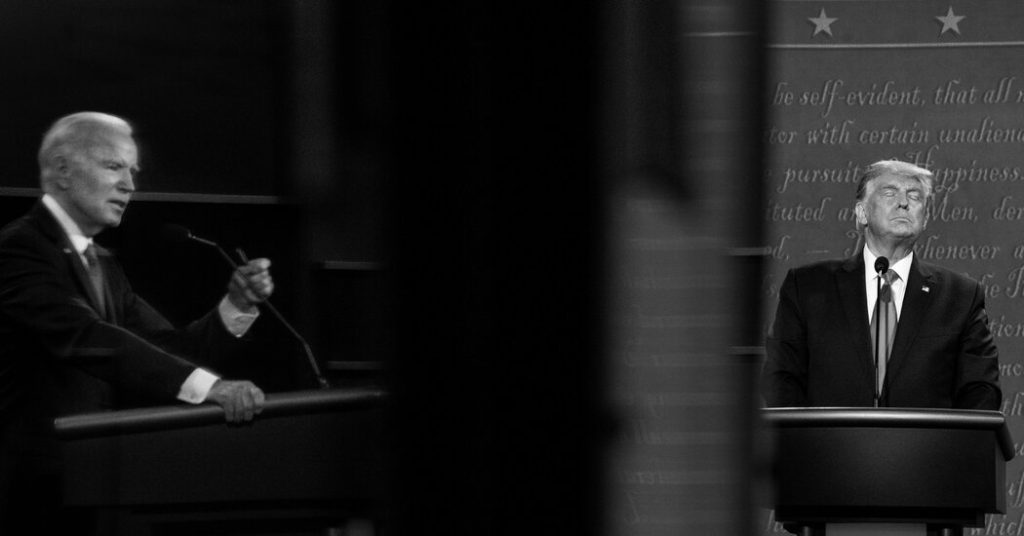The author discusses the importance of presidential debates in shaping voter perceptions and influencing election outcomes. He notes that while the media and pundits often focus on small moments and verbal miscues, these may not have a significant impact on undecided voters. Key moments in debates, where candidates attack each other or undermine their political cases, are more likely to sway voters. The author highlights examples from past debates where such moments played a crucial role in shaping voter opinions.
The author emphasizes that voters often respond more to style than substance in debates. Candidates’ charisma, stage presence, and relatability can have a greater impact on voters than the specific policy details they discuss. The author points out that disappointing performances from candidates like John Kerry and John McCain, despite being competent, led to voters feeling unmoved and unaffected. Ultimately, it is the feeling evoked by a candidate’s performance that matters most to voters.
The author provides examples of past debates where voter opinions differed from those of political analysts and pundits. In the 1992 town hall debate, voters were more focused on Bill Clinton’s empathy and compassion towards an audience member than on George H.W. Bush’s perceived miscue of checking his watch. Similarly, in the first debate between George W. Bush and Al Gore, voters were pleasantly surprised by Bush’s performance compared to analysts who praised Gore for his command of facts.
Voter expectations of a candidate can also influence perceptions of their debate performance. Candidates like George W. Bush and Donald Trump, who had low expectations, were seen as successful in debates because they exceeded these expectations. The author discusses the importance of personality, relatability, and dignity in debates, as these qualities can resonate more with voters than policy solutions. Ultimately, it is how candidates make voters feel that matters most.
The author also highlights the role of less visible factors like debate rules in shaping outcomes. Candidates who exceed their allotted time for responses can be punished by voters, even if professional observers overlook this behavior. The author reflects on past debates where candidates’ performances, demeanor, and adherence to rules influenced voter perceptions and ultimately, election outcomes. He underscores the need for candidates to connect emotionally with voters and crystallize the stakes of the race in order to make a lasting impression.








